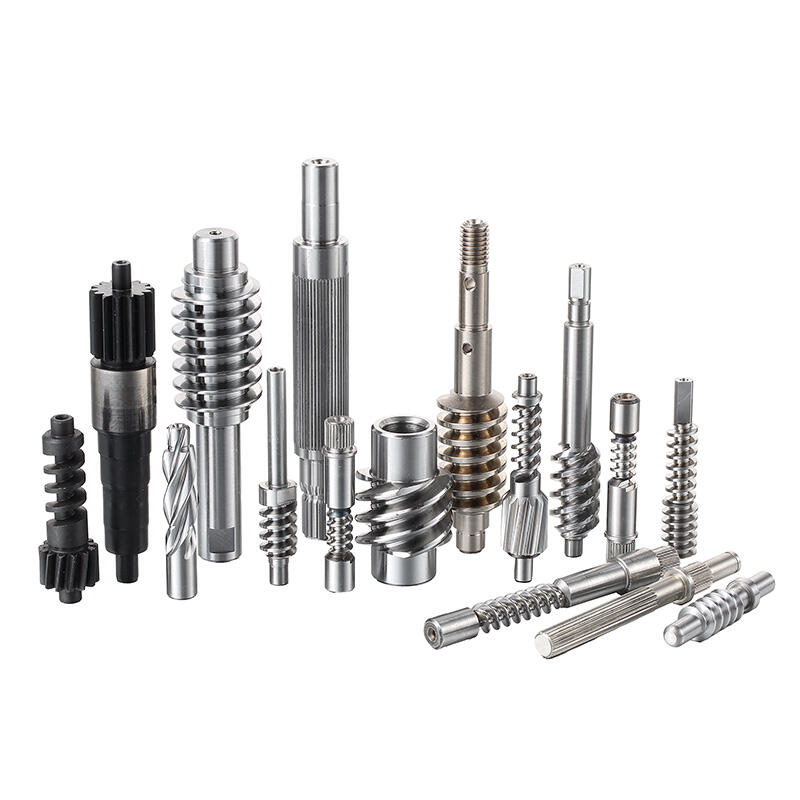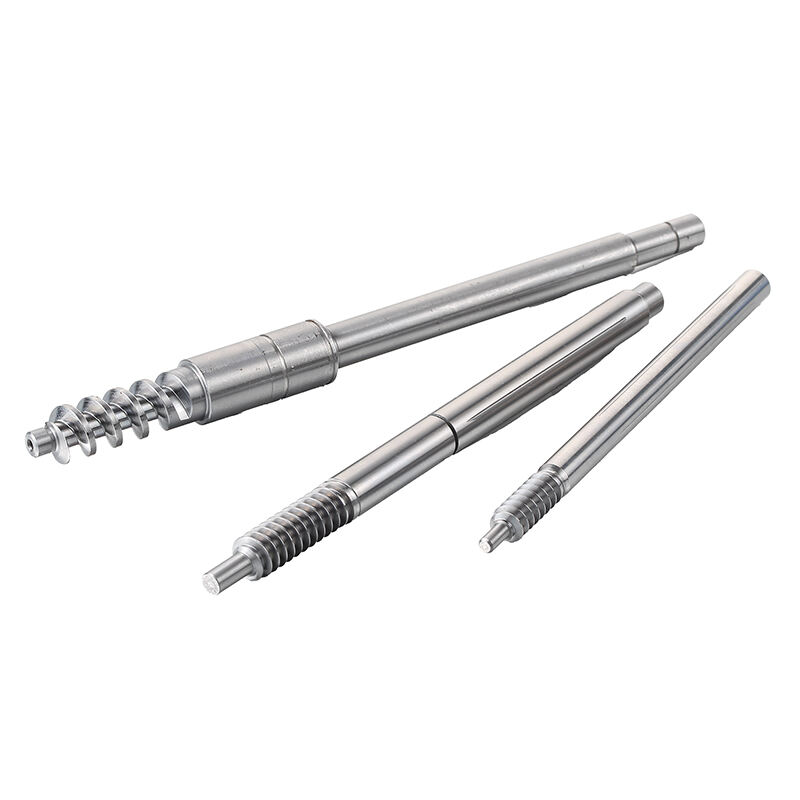starter commutator
A starter commutator is a crucial component in automotive electrical systems, serving as the mechanical rotary electrical switch in the starter motor that periodically reverses current direction. This essential device consists of copper segments separated by insulating material, working in conjunction with carbon brushes to facilitate the conversion of electrical energy into mechanical rotation. The commutator's primary function is to ensure proper current distribution to the armature coils, enabling the starter motor to generate the necessary torque for engine cranking. Modern starter commutators incorporate advanced copper alloys and high-grade insulation materials, ensuring enhanced durability and optimal electrical conductivity. The design typically features precisely engineered segments that maintain consistent contact with the brushes while minimizing wear and electrical resistance. In automotive applications, the starter commutator must withstand high current loads during engine start-up sequences while maintaining reliable performance across various temperature ranges and operating conditions. The component's efficiency directly impacts the starter motor's overall performance and, consequently, the vehicle's starting reliability. Advanced manufacturing techniques ensure precise segment alignment and proper balancing, reducing vibration and extending operational lifespan.


